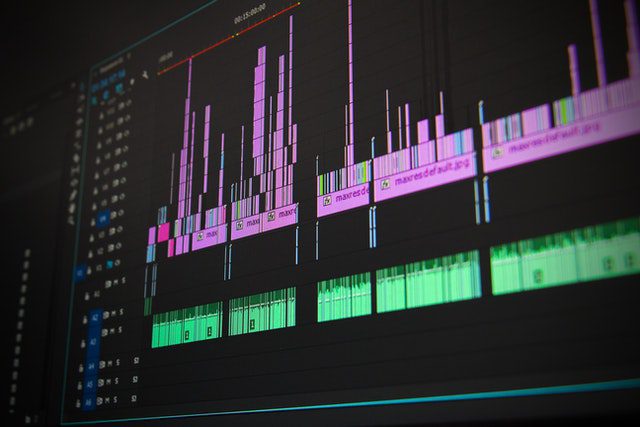
When you are looking to add music to your video, film, or other media project, you want to make sure you are using royalty-free music. Royalty-free music is the perfect way to add professional and creative audio to your project without worrying about paying royalties. However, there are a few things you need to keep in mind when using royalty-free music.
Here are eight tips for properly using royalty-free music.
1. Make Sure You Have the Proper License
The first thing you need to do when using royalty-free music is to ensure you have the proper license. There are a variety of different licenses available, so be sure to choose the one that best fits your project.
If you are unsure which license to choose, you can always contact the copyright holder for more information. Many royalty-free music websites also offer a variety of different licenses, so be sure to check them out as well.
2. Read the Terms and Conditions
Once you have the proper license, read the terms and conditions. This is important because it will tell you what you can and cannot do with the music. For example, some royalty-free music may only be used for personal use, while others may allow you to use it for commercial purposes. Be sure to read the terms and conditions carefully to know how you can use the music.
3. Give credit to the Artist
If you are using royalty-free music, be sure to give credit to the artist. This is important because it helps promote their work and ensures that they get the recognition they deserve. Many artists also require that you give credit to using their music, so check with them before using it.
You can usually find the artist’s name and website information in the credit section of the royalty-free music website.
4. Do Not Modify the Music
Another important thing to remember is that you should not modify the music in any way. This includes changing the tempo, pitch, or adding your instruments. If you need to change the music, be sure to get permission from the copyright holder first. Many artists are very protective of their work and do not want it to be altered.
5. Do Not Use the Music for Illegal Purposes
It is important to remember that you should not use royalty free music for retail for illegal purposes. This includes using it to promote illegal activities or to defame someone. If you are unsure whether something is considered illegal, be sure to check with a lawyer before using the music. Many artists also have specific terms and conditions that state how their music can be used, so read them carefully.
6. Do Not Use the Music for Hate Speech
Another important thing to remember is that you should not use royalty-free music to promote hate speech. This includes using it to attack someone based on their race, religion, gender, or sexual orientation. If you are unsure whether something is considered hate speech, be sure to check with a lawyer before using the music.
7. Do Not Use the Music to Infringe on Copyright
Another thing to remember is that you should not use royalty-free music to infringe on someone else’s copyright. This includes using it to create a parody or spoof of someone else’s work. If you are unsure whether something is considered an infringement, be sure to check with a lawyer before using the music. This is important because many artists take a dim view of their work being used without their permission.
8. Do Not Use the Music for Political Purposes
Finally, you should not use royalty-free music for any political purposes. This includes using it to support or oppose a candidate for office. If you are unsure whether something is considered a political purpose, be sure to check with a lawyer before using the music. Many artists do not want their music to be used for political purposes, so it is important to respect their wishes.
Closing Thought
When using royalty-free music, it is important to remember these eight tips. By following these tips, you can ensure that you properly use the music and respect the artist’s rights. Additionally, many of these tips will help you avoid any legal issues that could arise from using the music improperly.
You may also like:
